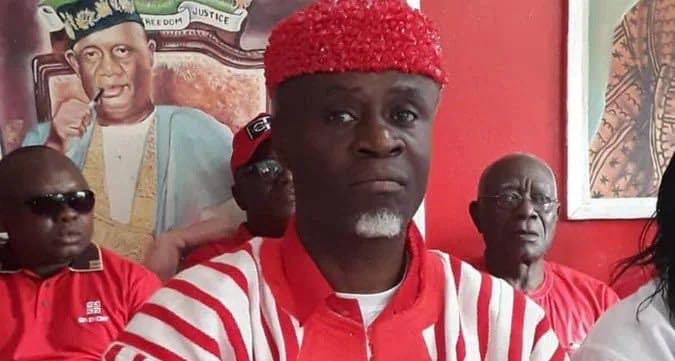By Hassan Osman Kargbo
Tensions are mounting ahead of the 2025/2026 National Population and Housing Census as the All Peoples Congress (APC) party has lodged a formal complaint over its exclusion from the Technical Committee overseeing the exercise.
The APC has described the move as a clear act of political marginalization and a threat to national unity, stating that the SLPP government always set bad precedent in the country.
In a statement released past Thursday, the opposition party criticized the government and census organizers for what it called a “deliberate and damaging” decision to leave the APC out of the committee. The party argues that the exclusion undermines the credibility and neutrality of the census process.
“The APC, as the largest opposition party, has a constitutional right to participate in any national activity of this magnitude,” the statement read. “To exclude us from the Technical Committee is not only unjustified, it reflects an alarming lack of commitment to democratic inclusion.”
The Technical Committee is responsible for advising on census methodology, data collection tools, recruitment and training processes, and overall implementation timelines. Given the scope of its duties, the APC insists that its involvement is essential for ensuring transparency and accountability.
The dispute arose after a public notice issued 20th May 2025 claimed that all political parties were represented in the three main census committees—Advisory, Technical, and Publicity. The APC has since accused the government of misleading the public.
“This is misinformation,” said an APC spokesperson. “We are not represented on the Technical Committee; and the statement issued by the census organizers is simply false. Such actions erode public trust.”
Political analysts say APC’s exclusion could have far-reaching implications for the census. Population data is central to national development planning, including the distribution of resources, constituency boundary reviews, and policy formulation. As such, stakeholders from all sectors are expected to be included to preserve the legitimacy of the outcomes.
“Excluding a major political party from a body that oversees critical technical components of the census raises eyebrows,” said Dr. Jonathan Kamara, a political science lecturer at Fourah Bay College. “It undermines the participatory nature of governance and could lead to disputes over census results.”
The APC has urged the government to act swiftly and transparently by amending the committee structure and including its representatives. It warned that failure to do so would risk delegitimizing the entire process and could prompt wider opposition boycotts.
As of now, neither the Ministry of Planning and Economic Development nor Statistics Sierra Leone has issued a formal reply to the APC’s complaint. However, insiders suggest there is mounting pressure from within government circles to address the controversy before it spirals further.
Meanwhile, civil society organizations and election monitors have also begun scrutinizing the composition and operations of the various census committees, calling for an audit of the selection process and inclusion criteria.
With preparations for the census already underway, the spotlight remains on the government to ensure that inclusivity, transparency, and fairness guide all stages of the process. For the APC, the message is clear: “Representation is not optional. It is a democratic imperative.”











